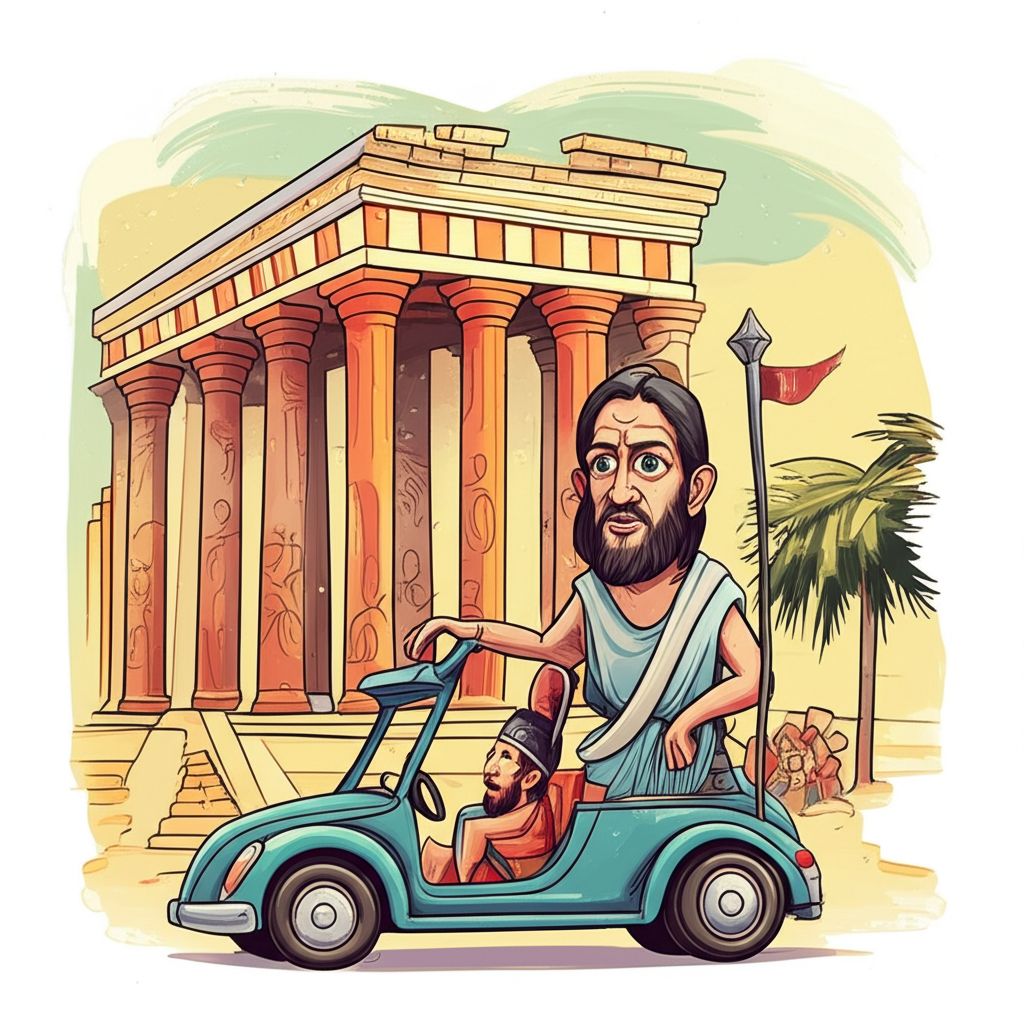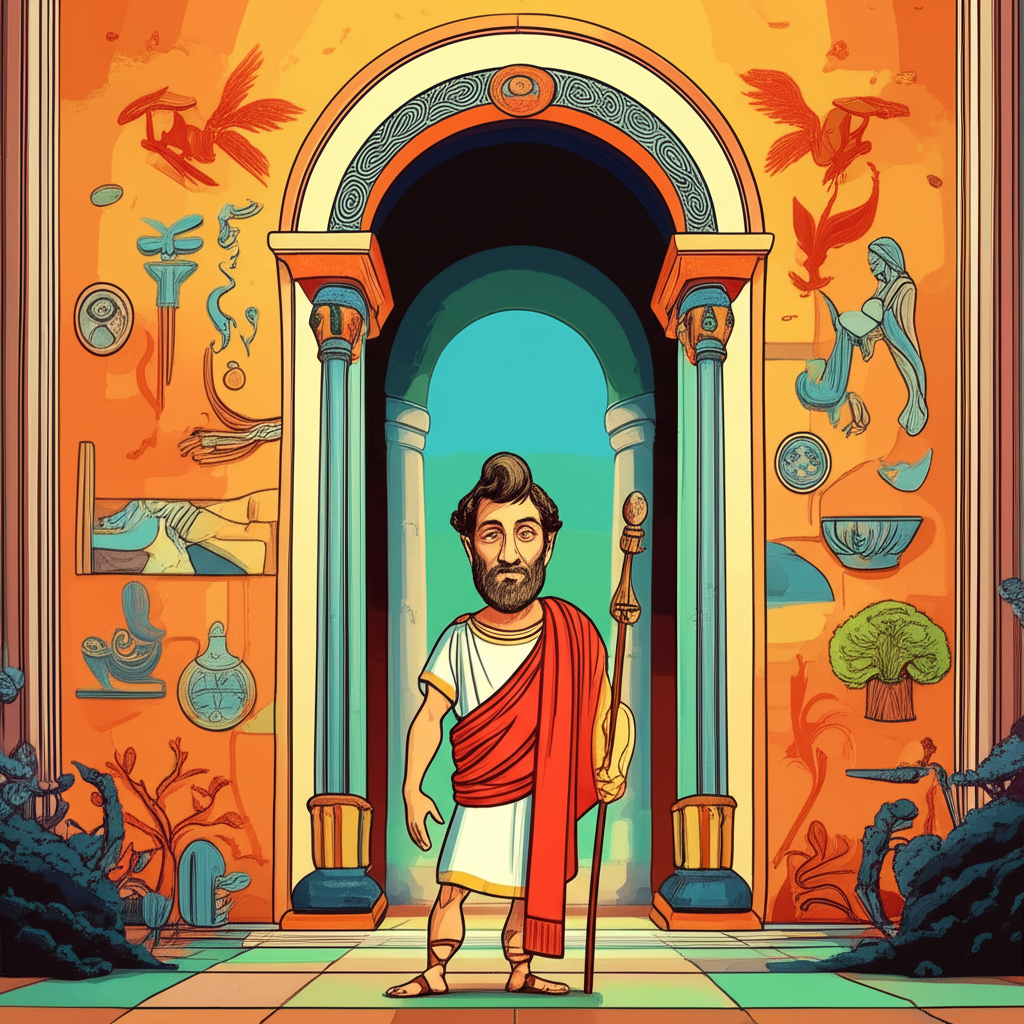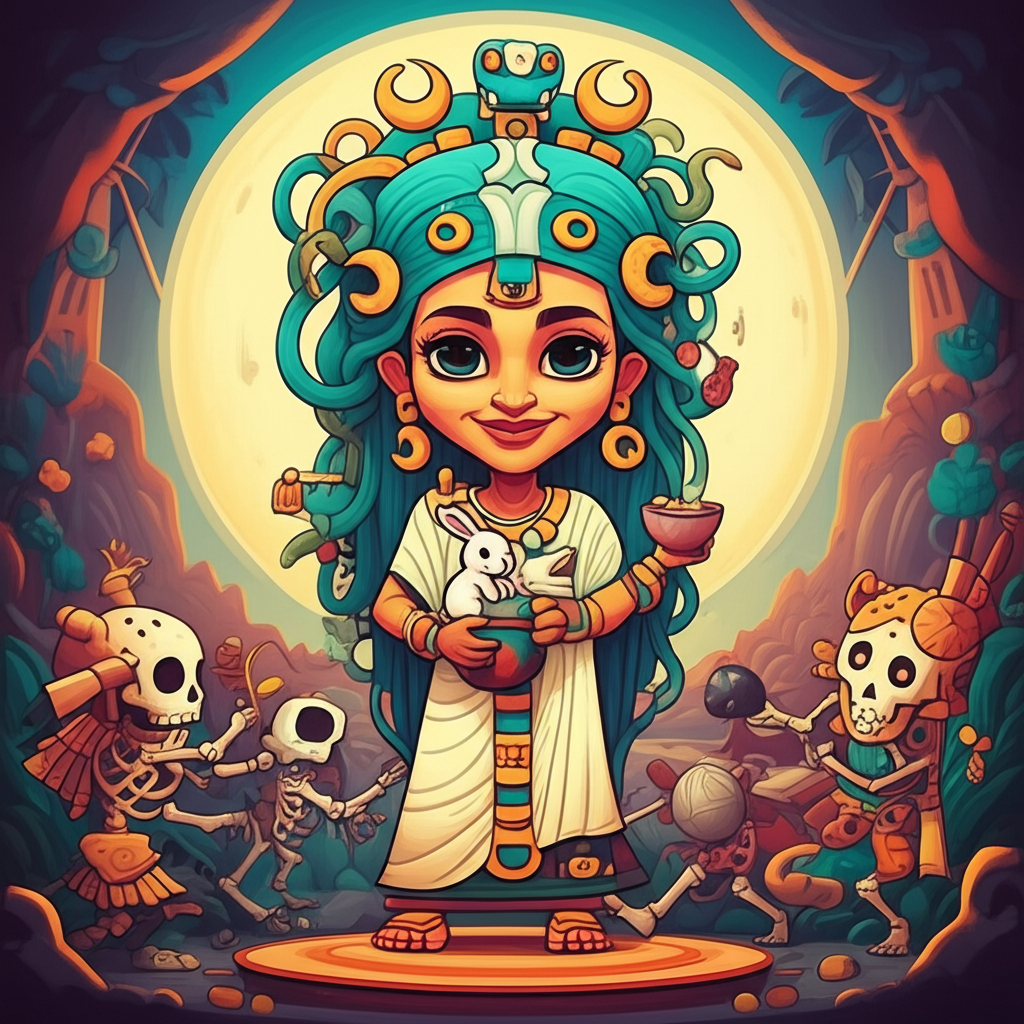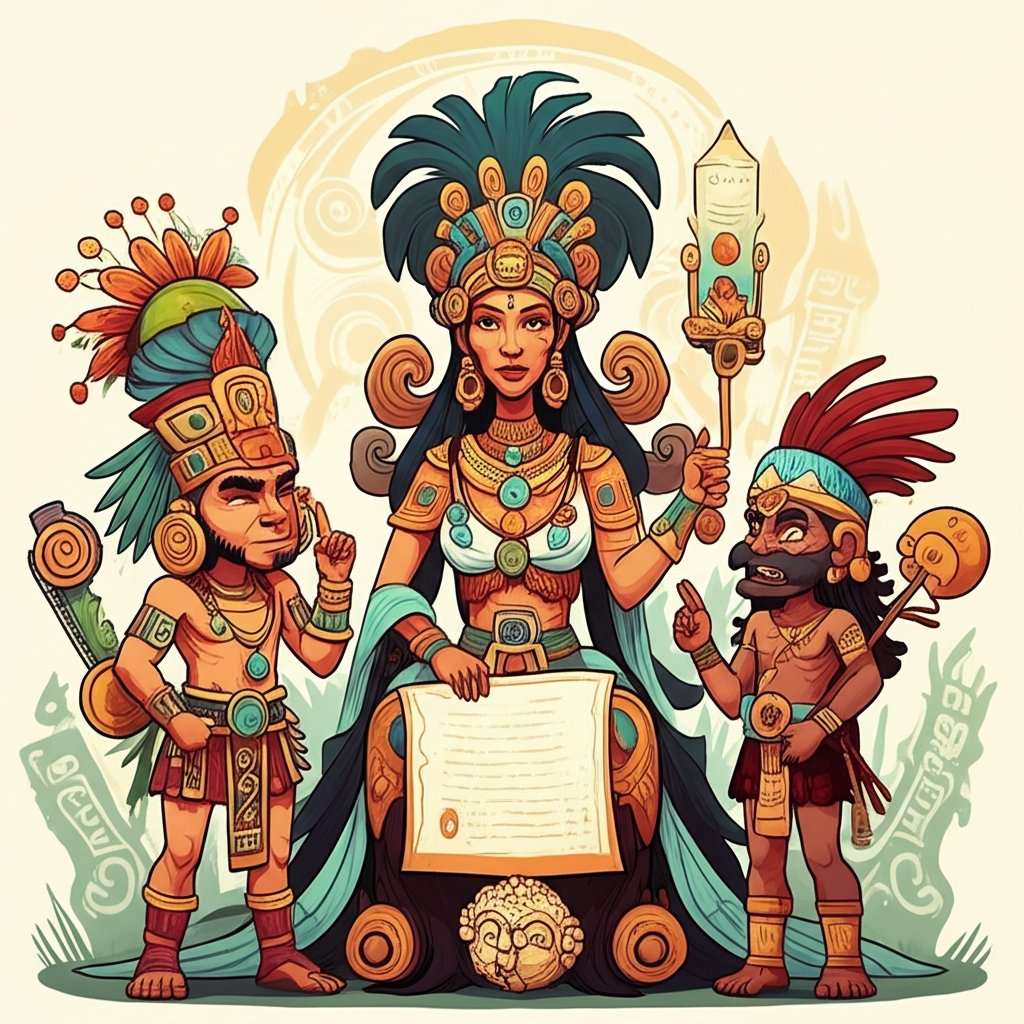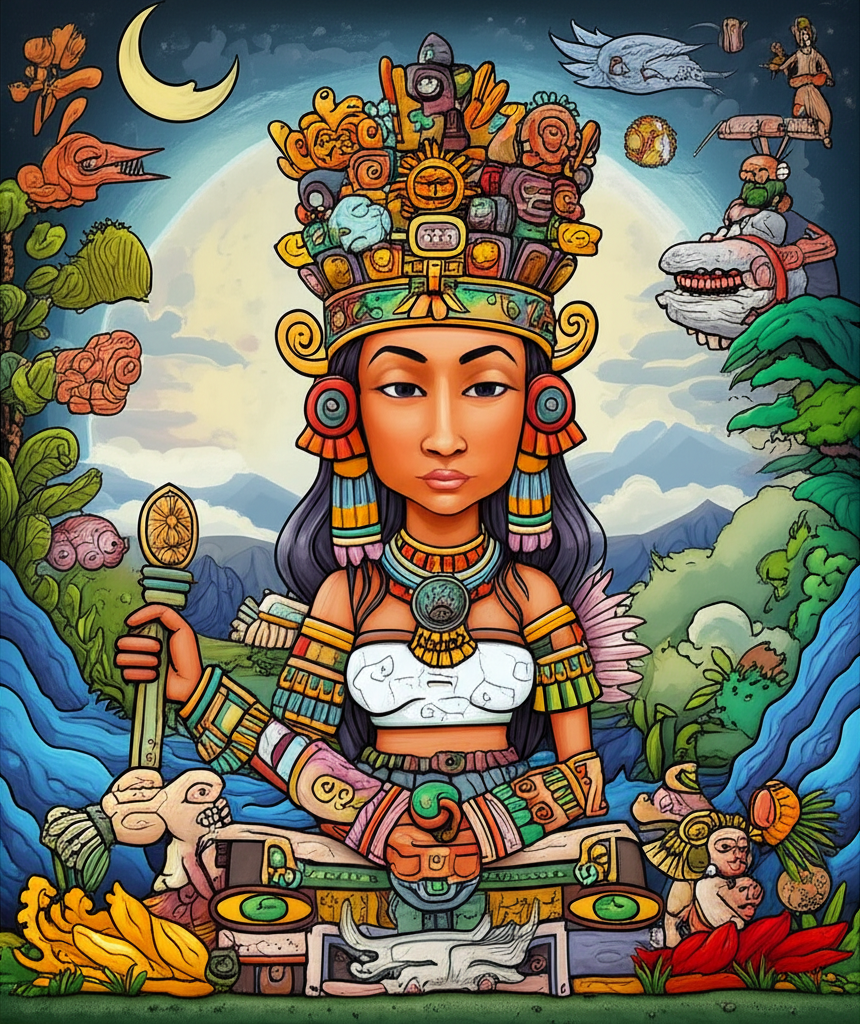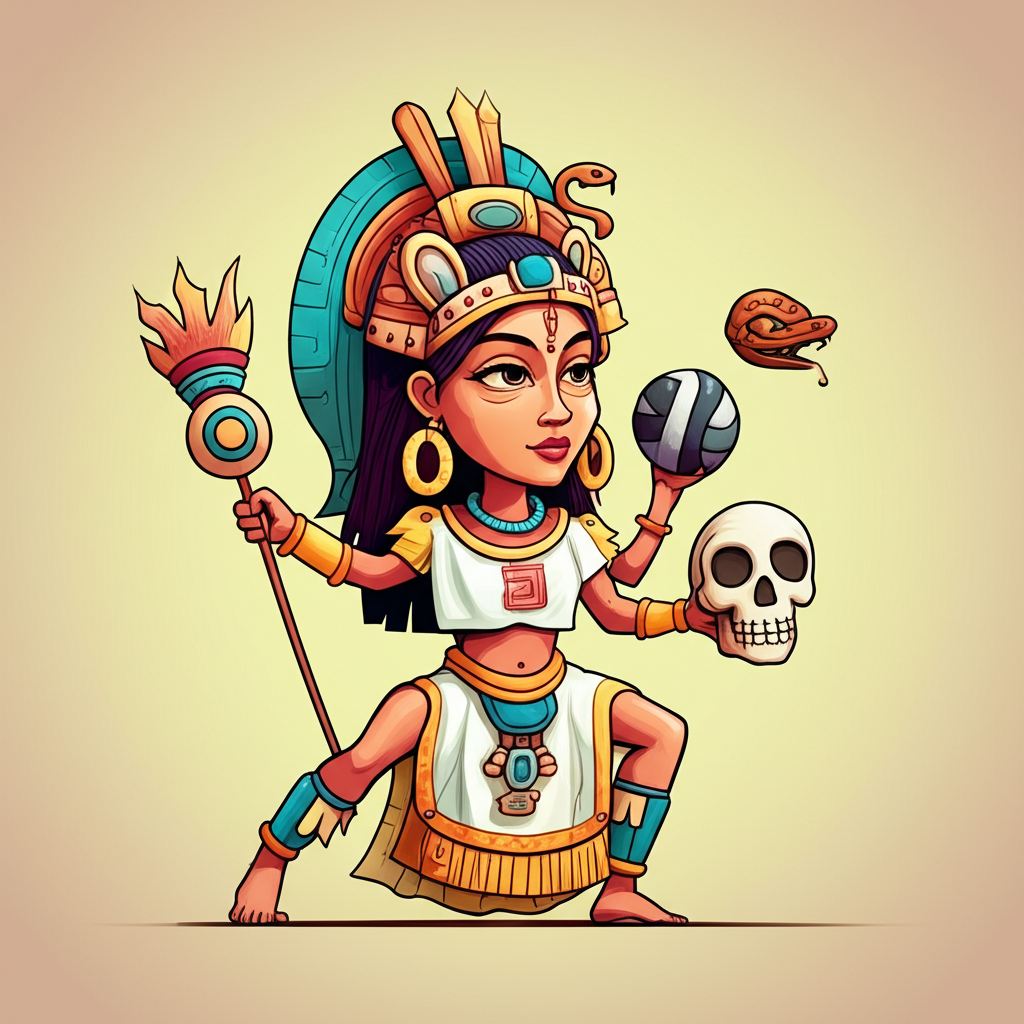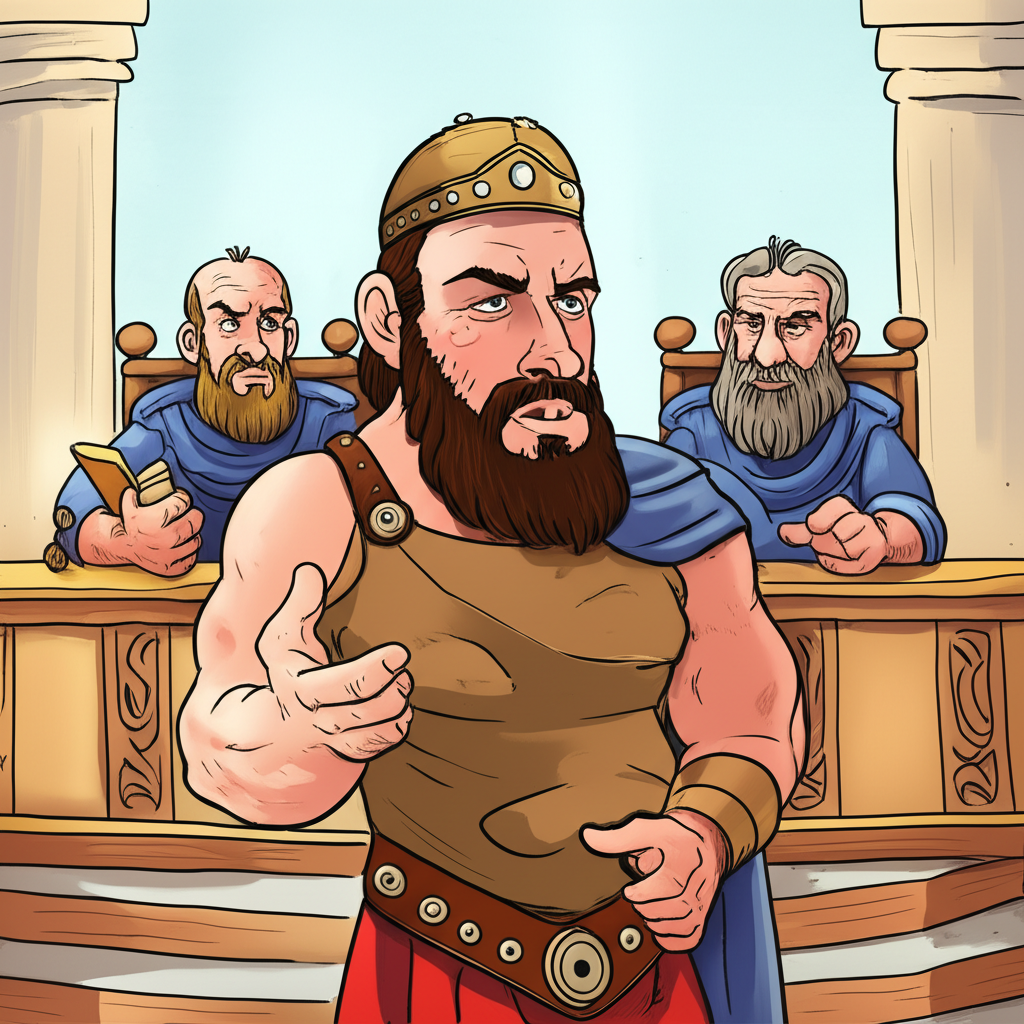
The windswept hills and sun-drenched plains of ancient Greece birthed a rich tapestry of myths and legends, stories woven to explain the inexplicable, to entertain, and to impart wisdom. Among these timeless tales, the exploits of Heracles, the demi-god renowned for his prodigious strength and heroic deeds, stand as a testament to the human spirit’s enduring fascination with courage, perseverance, and the struggle against overwhelming odds. One such narrative, the “Trial of Thebes,” though not a singular, codified event like his Twelve Labors, encapsulates the complex relationship between this legendary figure and the proud city of Thebes, exploring themes of exile, atonement, and the very essence of heroism.
These ancient stories, passed down through generations by word of mouth and later inscribed in epic poems and dramatic plays, emerged from a world where the divine and the mortal were intricately intertwined. The ancient Greeks, living in a society shaped by city-states, burgeoning democracy, and a deep connection to the natural world, saw the cosmos as a dynamic stage populated by gods, goddesses, heroes, and monstrous creatures. Their understanding of the world was often framed through the lens of fate, divine intervention, and the constant struggle between order and chaos. Myths provided a framework for understanding human nature, the origins of customs, and the moral complexities of life, offering explanations for phenomena they could not otherwise grasp.
Central to this narrative is the figure of Heracles. He is often depicted as a man of immense physical power, his frame muscular and imposing, a living embodiment of strength. His lineage, famously the son of the god Zeus and the mortal woman Alcmene, imbued him with both divine potential and human frailty. Symbolically, Heracles represented the ideal of the warrior, the protector, and the champion who, through immense effort and unwavering resolve, could overcome seemingly insurmountable challenges. His strength was not merely physical; it was also a metaphor for the inner fortitude required to face adversity and to fulfill one’s destiny, however arduous. His symbolic attributes often included the lion skin of the Nemean lion he famously defeated, and his mighty club, signifying his prowess in combat and his role as a force for justice.
The "Trial of Thebes" isn’t a single, grand challenge set by the city itself, but rather a series of significant events and periods in Heracles’ life that directly involved the influential city-state of Thebes. It is often understood as a period of profound difficulty and the subsequent earning of his place and honor within the city, even after being forced to flee. Early in his life, Heracles was indeed a hero of Thebes. He famously defended the city from the invading army of Orchomenus, a victory that earned him the hand of Princess Megara and the gratitude of the Theban people. He lived in Thebes as a celebrated hero, a pillar of the community, and a source of pride.
However, the narratives surrounding Heracles are rarely without tragedy. Driven to madness by the wrath of Hera, Zeus’s jealous wife, Heracles tragically slew his own wife and children. This act of unintentional fratricide and infanticide was a profound stain on his honor. To atone for his terrible deeds, he was instructed by the Oracle of Delphi to serve King Eurystheus of Tiryns and perform twelve seemingly impossible tasks – the famous Twelve Labors. While these labors were primarily undertaken in service to Tiryns, their impact and the lessons learned resonated throughout the Greek world, including Thebes.
Upon completing his labors, Heracles’ journey often led him back towards his homeland. The stories then portray him not as an outcast, but as a figure seeking to reclaim his rightful place, to prove his worth beyond his past transgressions. The "Trial of Thebes" can be seen as the period where he navigated this complex path. He may have faced lingering suspicion or the need to reaffirm his heroic status. His return and continued acts of valor, often defending Thebes or its interests against other threats, would have served as his ongoing trial. It was a continuous process of demonstrating his changed nature, his dedication to justice, and his capacity for redemption, solidifying his legendary status not just as a powerful warrior, but as a figure who could overcome even the deepest personal despair and societal judgment. His presence and continued contributions would have been the ultimate testament to his worth, a trial by deeds rather than decree.
Symbolically, Heracles’ relationship with Thebes, particularly during this "trial" period, represented several key concepts for the ancient Greeks. It highlighted the concept of atonement and redemption. Even a demi-god, capable of unimaginable feats, could fall prey to fate or divine wrath and commit terrible acts. However, through suffering, perseverance, and continued service, one could find a path towards restoring honor and regaining one’s place. The story also spoke to the nature of heroism. True heroism, it suggested, was not just about brute strength or initial victories, but about the enduring commitment to justice, the willingness to face one’s past, and the continuous effort to contribute to the greater good. Furthermore, it explored the relationship between individuals and their community. Even those who had committed grievous errors could, through their actions and character, eventually be accepted and celebrated, showcasing the complex dynamics of forgiveness and societal integration.
In the modern world, the myth of Heracles and his connection to Thebes continues to captivate imaginations. He is a recurring figure in literature, appearing in countless retellings of his labors and trials, often exploring the psychological toll of his deeds and the complexities of his character. In film and television, his strength and heroic narrative are frequently adapted, offering visually spectacular portrayals of his adventures. Video games often feature Heracles as a powerful playable character or a formidable boss, allowing players to experience a taste of his legendary might. In academic circles, scholars study these myths as crucial windows into ancient Greek society, its values, its fears, and its aspirations, analyzing the enduring appeal of heroic archetypes and the narrative power of overcoming adversity.
It is vital to reiterate that the story of Heracles and the Trial of Thebes is a traditional narrative, a product of human imagination and cultural storytelling from ancient times. It is not a historical account or a divine revelation. As Muslims, we recognize that only Allah is the true Creator and Sustainer of all existence, the ultimate source of power and guidance. These ancient myths, while fascinating from a cultural and historical perspective, do not hold any religious significance for us. They serve as a reminder of the rich heritage of human storytelling, the enduring power of imagination, and the diverse ways in which people throughout history have sought to understand their world and their place within it. The echoes of Heracles’ struggles and triumphs, though born from a different worldview, continue to resonate, offering insights into timeless human themes of courage, redemption, and the pursuit of honor, reminding us of the enduring legacy of cultural heritage and the captivating tradition of storytelling.
